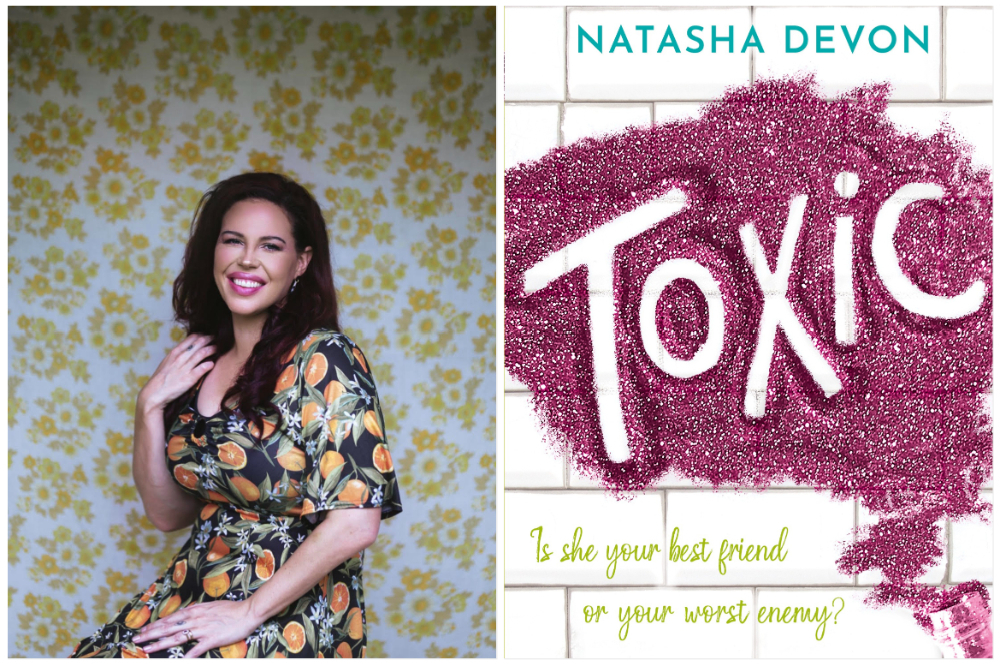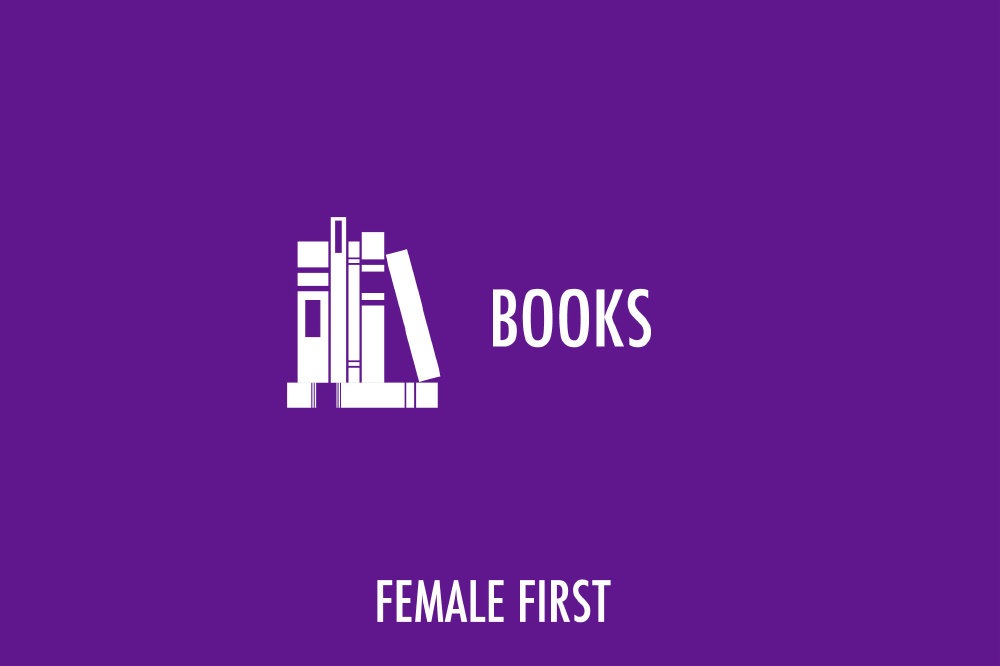It took the observation of an outsider for me to realise I was in a toxic friendship. I had just started dating my now husband and introduced him to someone I would then have described as my BFF.

Natasha Devon, Toxic
‘Why does she act like she hates you?’ was his question, as we left the pub. I asked him what he meant.
I had recently dyed my hair darker and she’d said ‘ooh, new hair! Actually, it reminds me of this’ before pulling up a photo on her phone of her wearing a terrible synthetic wig for a Halloween party and showing it our entire group, laughing. Later, we spoke about a shoot I’d just done for a swimwear company ‘I bet Natasha was strutting around in her underwear all day. She just loves the attention’ had been her caustic assessment. Someone else had made a sexist remark she knew I would find offensive and she’d put her hand on my arm and said ‘down girl’ when I drew breath to respond.
Listed like that, I could see these didn’t seem like the actions of someone supportive. That remark made me see our entire friendship in a different light. So many conversations had begun with the phrase ‘look, we’re best mates so I can be honest with you, yeah?’ before some kind of scathing remark – I was annoying on social media, apparently, I’d lost too much weight and looked ‘skinny’, it was my fault she hadn’t believed me that time I said I needed to go to A&E because I ‘exaggerate’.
The thing is, this (now ex) friend of mine isn’t a bad person. In fact, there’s a lot about her to admire. If you met her, you’d probably come away liking her. Something about me brought out the worst in her.
That’s not to say I believe it was my fault, but I think it’s important to acknowledge that she wasn’t this way with everyone. That’s why the phrase ‘toxic person’ is so unhelpful, especially if (like me) you’re the sort to doubt yourself and seek reassurance from others that you’re not imagining things. Hearing ‘she’s never been anything but lovely to me’ innumerable times is a really effective way to gaslight yourself.
That’s what I was trying to get across in my debut novel, Toxic. The world isn’t divided into heroes and villains (pretty sure I’m not perfect, tbf) and the idea that someone has to be objectively ‘bad’, or have done something unquestioningly terrible in order for a relationship to end often keeps us in harmful dynamics.
I also wanted to try and challenge the idea that, when friendships end, it represents a ‘failure’. There was a time when me and my friend had a mutually beneficial bond, when we celebrated each other’s victories and comforted each other through life’s challenges. When we raised each other up and boosted each other’s confidence. You know, the way friends are supposed to. We were great for each other, once. The fact things turned sour doesn’t make that time disappear.
Friendship doesn’t have to last a lifetime in order to be valuable and walking away or drawing a boundary isn’t the same as ‘admitting defeat’. That’s the lesson my protagonist in Toxic learns and one I hope our culture starts to recognise, too.


